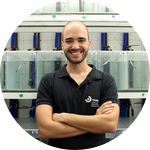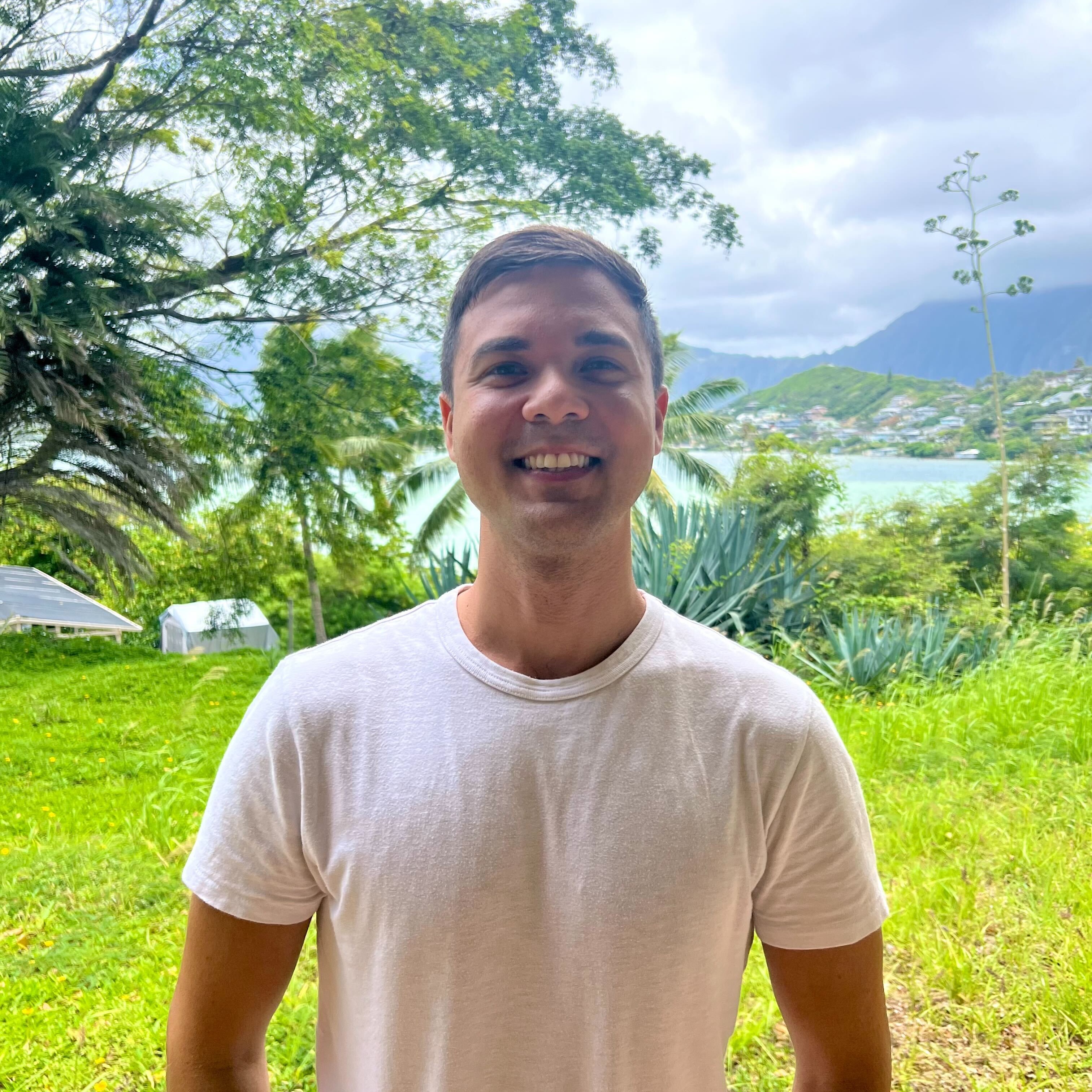About This Project
Coral reefs are threatened by many factors, making rapid, large-scale monitoring crucial for effective conservation. Kaneohe Bay in O'ahu has been impacted by urban runoff, dredging, and invasive species. Despite restoration efforts, continuous monitoring is essential. This project uses drone technology to collect high-resolution data, enabling accurate assessment of reef health, evaluation of environmental impacts, and active engagement of the local community in conservation efforts.
Ask the Scientists
Join The DiscussionWhat is the context of this research?
Coral reefs are among the most diverse and valuable ecosystems on Earth, but their health is declining. Rapid and extensive monitoring is crucial for understanding these impacts and developing effective conservation strategies. Kaneohe Bay, located on O‘ahu, Hawaiʻi, has a rich history with its coral reefs, once vital to Native Hawaiian culture. In the 20th century, urban runoff, dredging, and invasive species like Kappaphycus spp. degraded these reefs. Recent restoration efforts, including manual algae removal and outplanting sea urchins, have led to partial recovery. Despite these efforts, continuous monitoring is essential to document changes and take rapid action to promote the health of Kaneohe Bay’s coral ecosystems.
What is the significance of this project?
This project aims to employ multi-spectral drone technology to improve the monitoring of Kaneohe Bay's patch reefs. Drone-based monitoring offers a non-invasive, cost-effective, and scalable method to assess and analyze changes in the reef's condition over time. This technology allows for high-resolution imagery and frequent data collection to document recovery or decline in these reefs over rapid and relevant time scales, supporting informed management decisions to protect and restore the reefs.
What are the goals of the project?
Baseline Data Collection: Establish a comprehensive baseline of the current health status of patch reefs in Kaneohe Bay using high-resolution aerial imagery.
Impact Assessment: Evaluate the impacts of environmental factors and human activities on reef health and resilience over time.
Data-Driven Management: Provide actionable insights to local conservation agencies and stakeholders to support targeted management interventions.
Community Engagement: Increase community awareness and involvement in reef conservation through educational outreach and data transparency.
Budget
The total budget for this project is $10,000, allocated as follows:
Salary: $8,000 is allocated for a research technician. This individual will be responsible for managing drone operations, collecting and analyzing data, and engaging with the community over a period of one year.
Research Equipment: $2,000 will be used to purchase a computer. This equipment is essential for performing Geographic Information Systems (GIS) analysis on the detailed imagery captured by the drone.
Note: The laboratory already possesses a drone that will be used for this study. Additionally, boat rentals necessary for fieldwork will be funded by the lab.
Endorsed by
 Project Timeline
Project Timeline
The project will conduct four drone surveys at 6 patch reef sites over one year, starting in September 2024, January 2025, May 2025, and August 2025. Each survey will involve data processing, map creation, and data analysis. The project includes continuous community engagement and outreach activities, with a final report prepared by August 2025.
Aug 14, 2024
Project Launched
Aug 30, 2024
Purchase equipment
Sep 02, 2024
Initial drone survey at 6 patch reef sites
Sep 16, 2024
Data processing and map creation
Jan 02, 2025
Second drone survey at 6 patch reef sites
Meet the Team
Team Bio
Aviv Suan holds a Master of Science degree and is the project manager for the Madin lab. He is an FAA-certified drone pilot and specializes in geospatial analysis. Simone Franceschini holds a Ph.D. and specializes in artificial intelligence and machine learning techniques related to marine ecology. Together, their complementary skills in drone piloting, geospatial analysis, and AI-driven marine ecology equip them to effectively monitor and assess the health of coral reefs in Kaneohe Bay.
Aviv Suan
My fascination with the ocean began in a small coastal village in Sri Lanka, where my father's stories of his favorite reef sparked my curiosity about marine life. This early interest led me to pursue a degree in Marine Biology at the University of Hawai'i, where I developed a strong foundation in marine ecosystems.
After graduating, I joined NOAA's Marine Debris Team and contributed to removing 57 tons of discarded fishing gear from the Papahānaumokuākea Marine National Monument. This experience underscored the critical impact of human activities on marine environments and reinforced my commitment to ocean conservation.
I then transitioned to NOAA's benthic team, focusing on the health and demographics of coral populations across various Pacific islands. This role involved extensive fieldwork and data analysis, deepening my understanding of coral reef ecosystems and their challenges. My graduate studies further explored the relationships between humans and nature within social-ecological systems, examining how human activities influence marine environments and developing integrated management approaches for sustainability.
Currently, I am a Project Manager at the Madin Lab at the Hawaiʻi Institute of Marine Biology, where I utilize my skills in remote sensing, GIS applications, and spatial analysis to advance our understanding and management of marine ecosystems. My work focuses on integrating these technologies with social-ecological research to develop methods that are both ecologically sound and socially relevant. I am driven by a commitment to understanding and protecting ocean ecosystems, aiming to create impactful conservation strategies that balance human needs with environmental health.
Project Backers
- 8Backers
- 102%Funded
- $10,241Total Donations
- $1,280.13Average Donation

